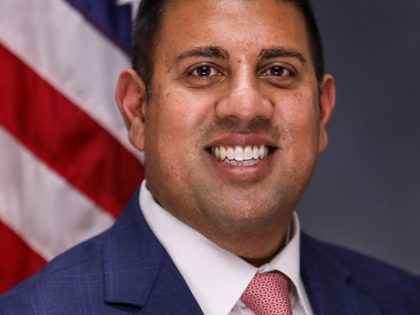
New Bill Proposes Additions to Cannabis Law's Equity Category

ALBANY – In the latest attempt by lawmakers to preemptively refine New York’s cannabis licensing process, state Sen. Jeremy Cooney, D-Rochester, introduced a bill that, if passed, would ensure that equity benefits extend to individuals who identify as transgender and non-binary.
The Marijuana Regulation and Taxation Act (MRTA), which was signed into law last spring, includes a provision that sets a target for the newly formed Cannabis Control Board to award 50 percent of New York’s adult-use cannabis licenses to “equity applicants,” and provide some additional support to those applicants.
The equity category is designed to promote racial, ethnic and gender diversity, according to the MRTA. It specifically mentions that equity applicants will include individuals who were disproportionately impacted by cannabis prohibition as well as minority- or women-owned businesses, distressed farmers and service-disabled veterans.
The law does not specify whether members of the transgender and non-binary communities will be considered within the priority category. Cooney’s bill would amend the law to make their inclusion explicit.
“Current guidelines unfairly force individuals who have transitioned or non-binary New Yorkers to choose between their identity and the opportunity for equity benefits,” according to a press release from Cooney's office.
Statewide advocacy group Equality New York is among the affinity groups backing the legislation.
“We commend Sen. Cooney for introducing legislation that will ensure the Transgender, Gender Non-Conforming, Non-Binary (TGNCNB) community be included in the social and economic equity plan,” the group's executive director, Amanda Babine, said in a statement.
The Office of Cannabis Management and its control board have publicly announced several updates since October to the state’s medical cannabis and cannabinoid hemp programs, as well as updating the public on an impending educational campaign and on the ongoing expungement of marijuana-related criminal charges.
There are still many unknown details about the forthcoming adult-use licensing regulations and restrictions, even as some companies have opted to preemptively invest in infrastructure and an increasing number of municipalities are opting out of allowing local cannabis retailers to set up shop, in advance of their Dec. 31 deadline.



